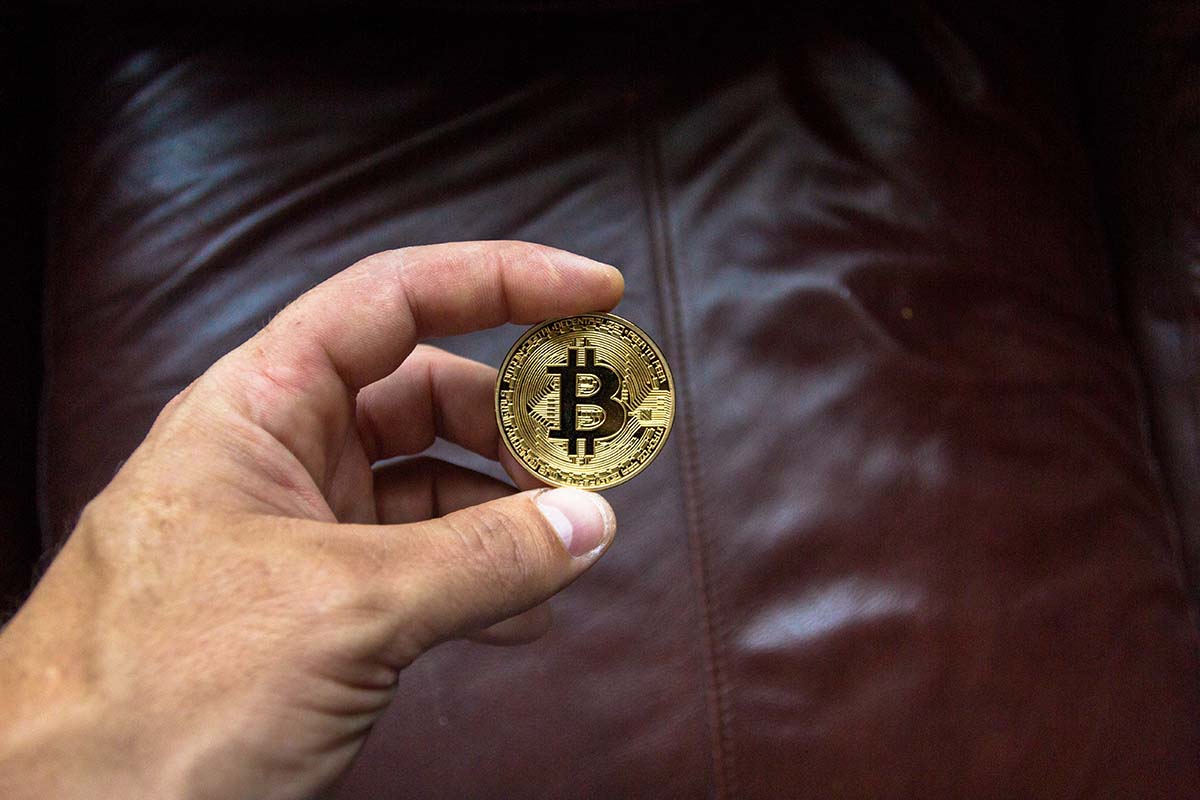How Can You Become An Ethical Investor?
Learning the basics of investment is crucial for anyone who wants to maximize their chances to be able to live with a sense of financial independence and security in the future. If you can use the money you earn to grow even more of it, it can offer you a much more reliable financial future.
However, some see investment as an ethical minefield, with the potential to get your money tied up in scams, in products and services that harm the planet, and even those that harm others. Here, we’ll look at how you can stick to ethical investment options.
Remember that you are still a priority
There is a certain degree of risk to ethical investing. There is a risk to all investing, but some would argue that companies that take pains to avoid environmental, social, and other kinds of risk are not as willing to do “anything it takes” as companies that have flagrant abuses in these areas or at least make as much use of the grey middle ground as they can.
However, investing ethically isn’t the same as being charitable. You’re still looking to grow your own money. To that end, you should always consider your financial risk and know when an investment is worth leaving behind, even if it is particularly ethical.
Pay attention to the action of companies you invest in
Simply put, the best way to ensure you’re not putting too much money in the stocks of companies that actively harm people and the environment is to follow the news around those companies.
You can research the company’s actions towards fulfilling their social corporate responsibility, for instance, and see if they line up with your own values and, indeed, if they actively do anything to meet them or if they just posture. Following industry reporting, accounts on social media can help give you a much more accurate picture of any disputes or scandals than companies themselves are likely to divulge, too.
Know what your own ethics are
Ethics is far from a simple subject. It is multi-faceted, and what is ethical to you may well pose a dilemma to someone else. For instance, there are faith-based funds out there that invest in companies that follow certain aspects of religious dogma in how they are run or are run by people who play an essential role in the church of that religion.
To some people, that may be a way to make sure that they are investing in companies that hold the same values as them but to others, it may directly contradict their own values. Think about what matters to you, environmentally, socially, and economically, to ensure that you’re choosing fitting investments.
Be mindful of speculative assets
With the right of cryptocurrency and, in particular, NFTs, ethics in investing has become something of a hot-button topic. While there are those who would argue for the utility, practicality, and, therefore, ethical potential of these products, there’s no denying that, at the moment, they do act as purely speculative assets.
There’s no real value in them except for the value the market attributes to them, mainly through hyping them up and getting more and more people to invest in them. As has been the case already, multiple times, these investors are often left holding the bag when early investors dip out, taking what gains they can before their abandonment causes the value of these assets to plummet, often more rapidly than they rose.
Invest in sustainability
One of the most significant ethical questions of our time is, “what are we doing to prevent climate catastrophe?” The vast majority of scientists agree that we are at a critical point for the planet and, as such, sustainable investing has become a much more significant option to many investors.
You may want to ensure that the companies and organizations you are investing in are not contributing to the ongoing destruction of environments and natural resources, and you may want to put more of your money towards businesses that are either actively contributing to more sustainable production and living standards, or those companies that are making use of sustainable methods of running or dealing with waste.
Be a good landlord
There is a lot of discussion around the role that landlords play in society, and some believe that there simply isn’t an ethical way to be one. However, you can mitigate a lot of the harm done when investing in property by ensuring that you are as fair and as good a landlord as you can be to your tenants.
Avoiding the price gouging strategies that have seen rents skyrocket recently and making sure that you live up to your obligations as a landlord, including taking care of the property, can see you do a lot better than some of the others out there.
Follow ESG funds
If you’re not as apt to follow the developments of specific assets, then you may look to things like mutual funds to manage your money for you. Several mutual funds are dedicated to aspects of ethical investing, and the most noteworthy of these are ESG funds.
ESG stands for environmental, social, and governmental, and effectively it means that these funds are investing in companies that manage risks in these areas. If you’re leaving your ethical choices up to others, then there is, naturally, always going to be more room for error than if you are managing it yourself.
However, many have found these ESG funds not only perform well but do help investors avoid the entanglements with scandal and noncompliance that can affect them otherwise.
If you want to truly be an ethical investor, then you have to make sure that you pay close attention to what you’re investing in. Turning a blind eye is the easiest way to ensure that you put your money where it can do the most harm. The tips above can help you avoid that.





















